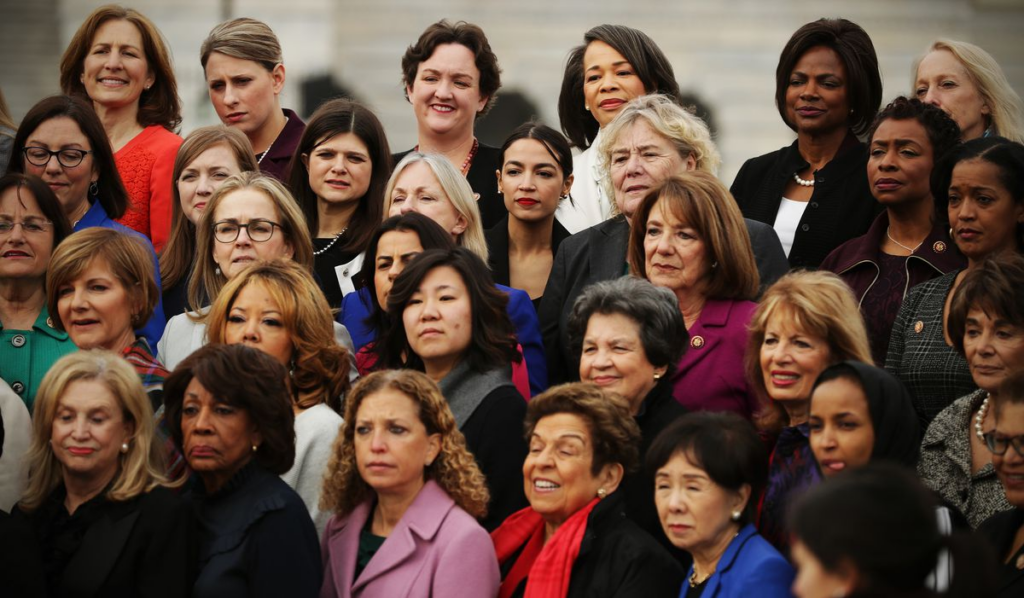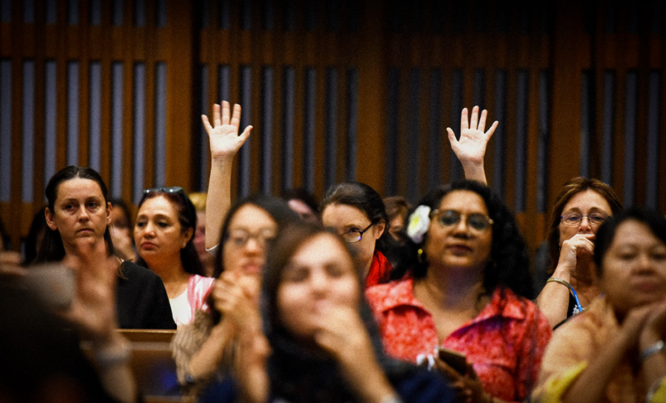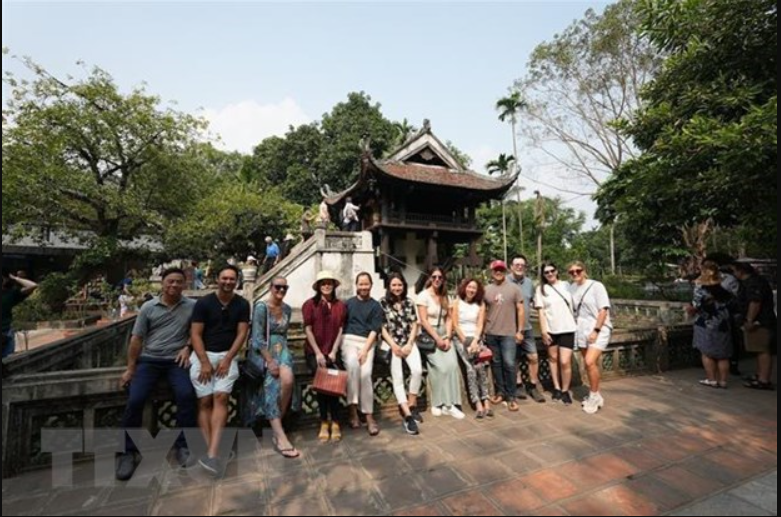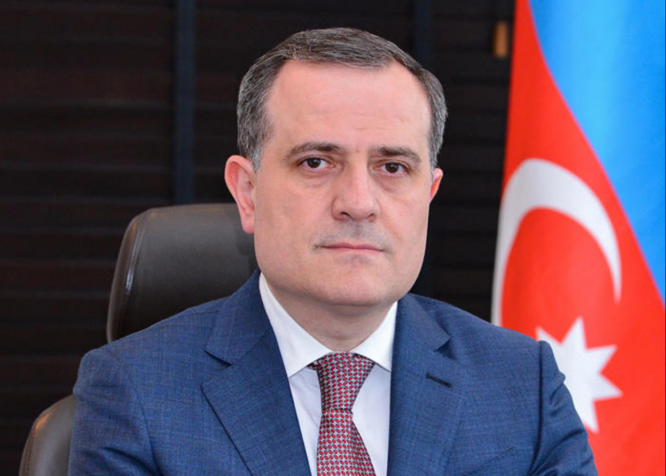The general elections of 2023 have passed, but despite a series of enlightenment and support for women’s participation in politics by International and local Civil Society Organisations, the story could be interpreted as remaining the same.
According to a report by United Nations Women on Women’s representation in Nigeria’s National and State Assemblies, only 75 women represent 5% of the total 1459 seats in the National Assembly and State Assembly.
Of the 36 states of the federation, 14 State Houses of Assembly have no female representatives, including the 26-member Osun State House of Assembly.
According to Dr. Abiola Akiyode-Afolabi, executive director of the Women Advocates Research and Documentation Centre, this circumstance may be related to the difficulties women face when entering politics.

Only 55 women hold 990 State Houses of Assembly seats, 6%.
“There is a great deal of political violence in Nigeria. When you are a woman in politics, you are labeled a courtesan, and there are cultural restrictions against women participating in politics. The masculine hegemony within political parties will demand that women stand aside for men.”
Dr. Akiyode-Afolabi characterized the low representation of women in Nigeria’s Legislative branch as detrimental to the country’s democratic system.
“Given our current record, if you look at the National Assembly, there are no more than 7 percent women. In some Nigerian Houses of Assembly, there is only one or no woman at all, which is humiliating in a democracy where participation is essential.
A female politician, Mrs. Mercy Ayodele, argued in her submission that women limit themselves by not supporting female candidates during elections.
“Even as women, we are our own worst antagonist. When I ran for governor in 2018, a woman told me she wouldn’t vote for me. Why? She stated, “We women are always tough, always proud, always this, always that, but we can make a difference.”
Mrs. Ayodele, a candidate in the 2018 Osun State governorship election, advised women to become more involved in politics at the grassroots level in order to be taken seriously during the election.
Mrs. Tope Ola, a gender advocate based in Osogbo, believes that promoting women’s representation in governance, particularly at the legislative level, must be a deliberate program of political parties, with at least 30–35 percent of their candidates being female.
Mrs. Ola urged women who were elected to legislative assemblies to demonstrate their capacity and cultivate trust in order to serve as a benchmark for electing women to such competitive political positions.





